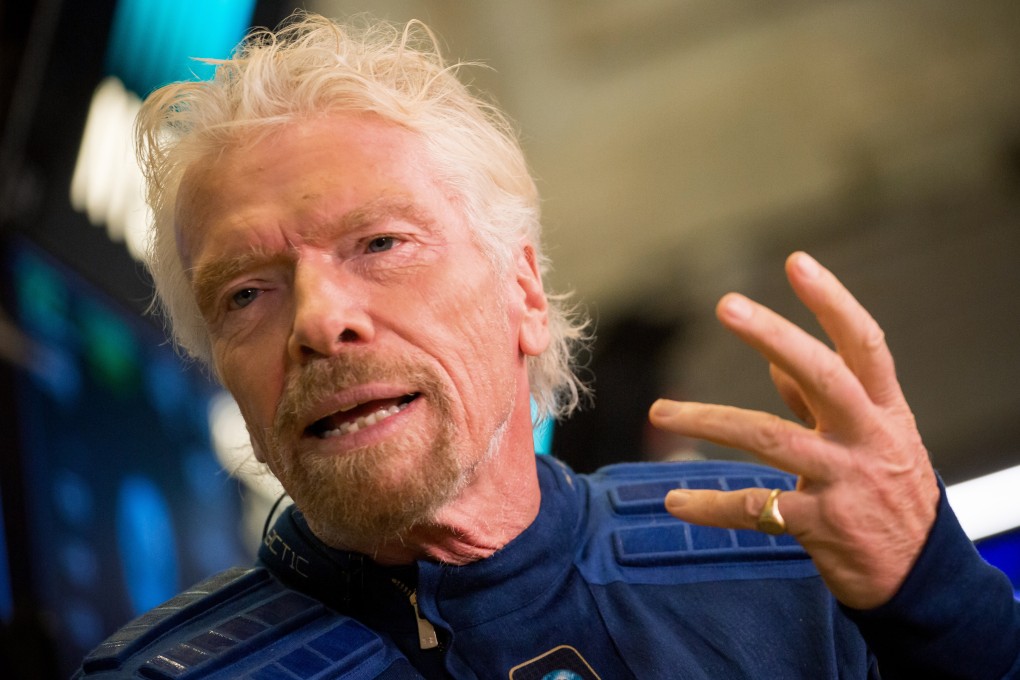Advertisement
As I see it | Singapore doesn’t need Richard Branson or China’s opium narrative in death penalty debate
- Singapore invited the UK billionaire to debate its home affairs and law minister after he criticised the city state’s drug policy and death penalty
- The home affairs ministry also said Britain should not lecture Asia on drugs as it had forced the Chinese to accept opium imports in the 19th century
Reading Time:2 minutes
Why you can trust SCMP
6

Singapore’s unrelenting stance on the death penalty has attracted strong criticism both domestically and abroad, yet the government has somehow curiously singled out British billionaire Richard Branson by suggesting he join its home affairs and law minister K Shanmugam in a live televised debate.
It extended the invitation to the Virgin Atlantic founder last week after his blog post stated that “Singapore still finds itself on the wrong side of history” by executing criminals, especially drug offenders.
Branson highlighted the April execution of convicted Malaysian drug trafficker Nagaenthran K. Dharmalingam, which attracted international backlash over concerns about his intellectual capacity. Such hangings are “dark stains on the country’s reputation in the world”, he said.
Advertisement
Singapore has maintained Nagaenthran “knew what he was doing”, “was not intellectually disabled”, and that he was “accorded full due process under the law”.
Branson is a well-known entrepreneur but he is far from being Singapore’s first critic or an authority on drug policies. So why should officials take interest in his views – to the point of offering to pay the wealthy man’s “flight to and accommodation in Singapore”?
Advertisement
While Branson is a commissioner with the Global Commission on Drug Policy, an organisation advocating for reforms in drug policy around the world, many would not have noticed his comments if not for the Singapore government’s invitation.
Advertisement
Select Voice
Choose your listening speed
Get through articles 2x faster
1.25x
250 WPM
Slow
Average
Fast
1.25x

